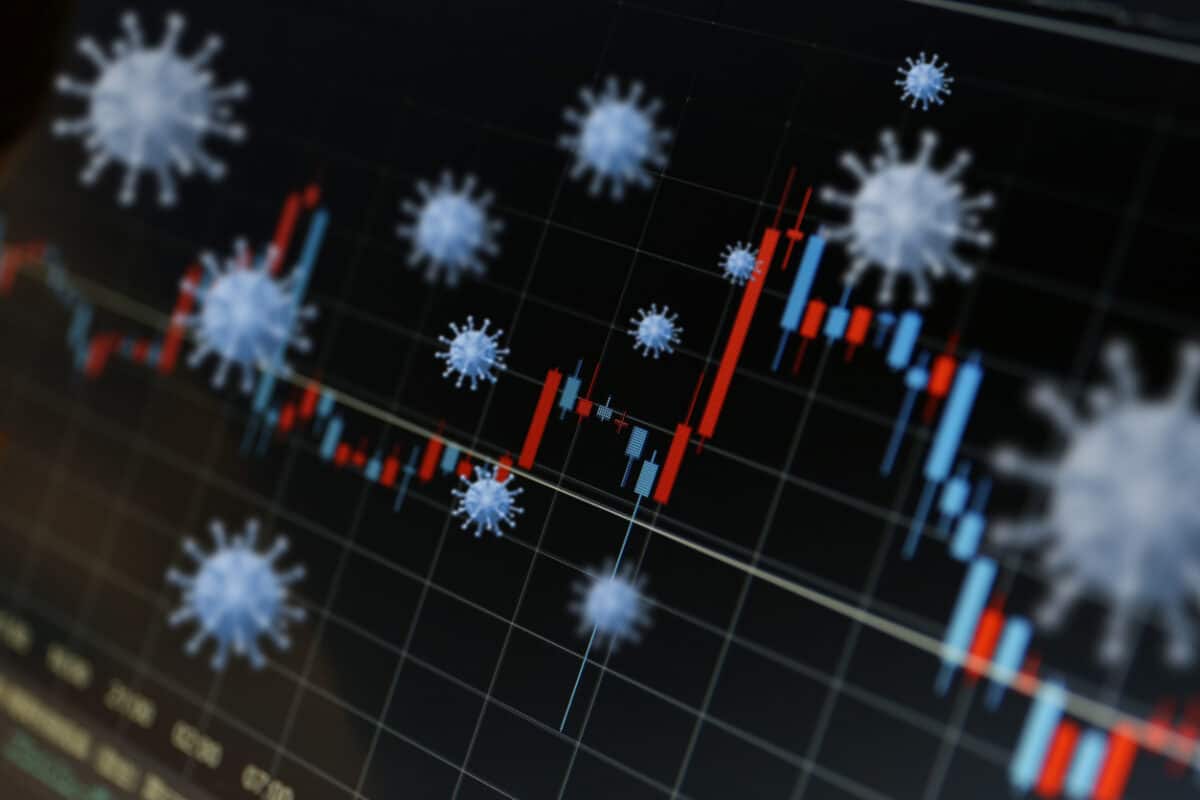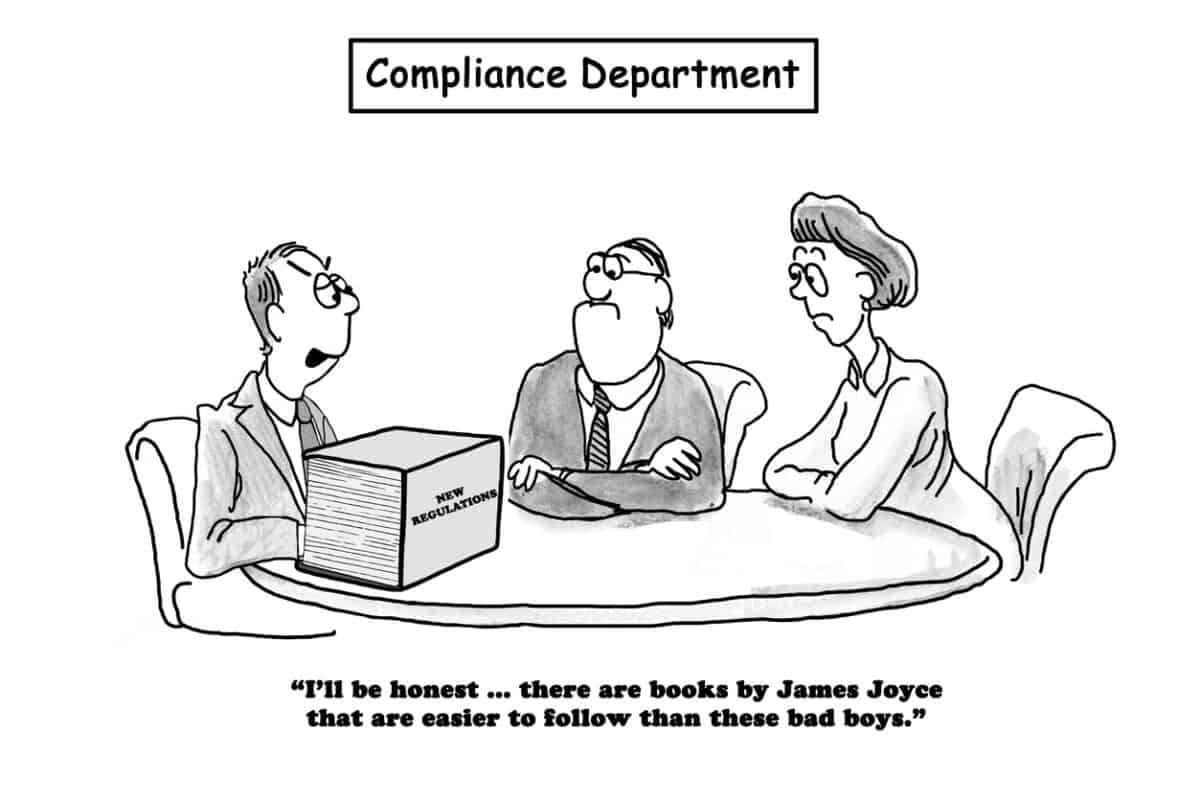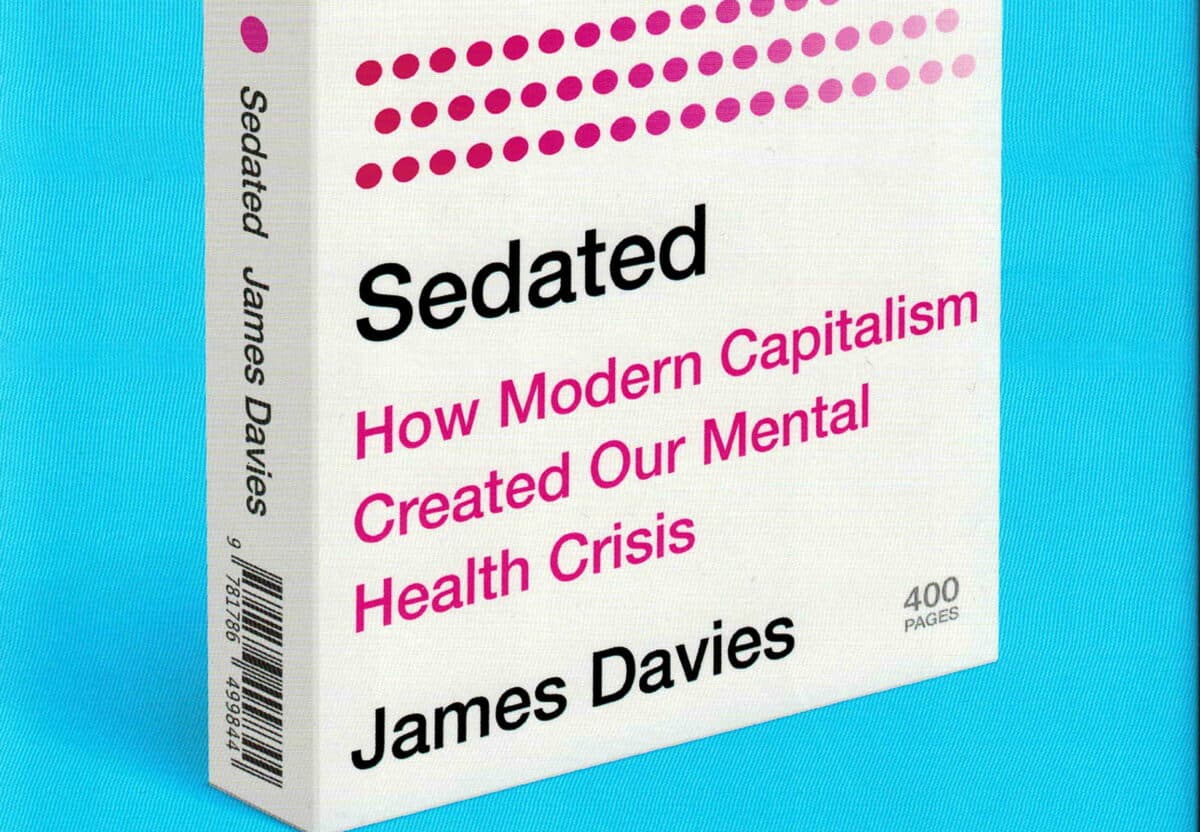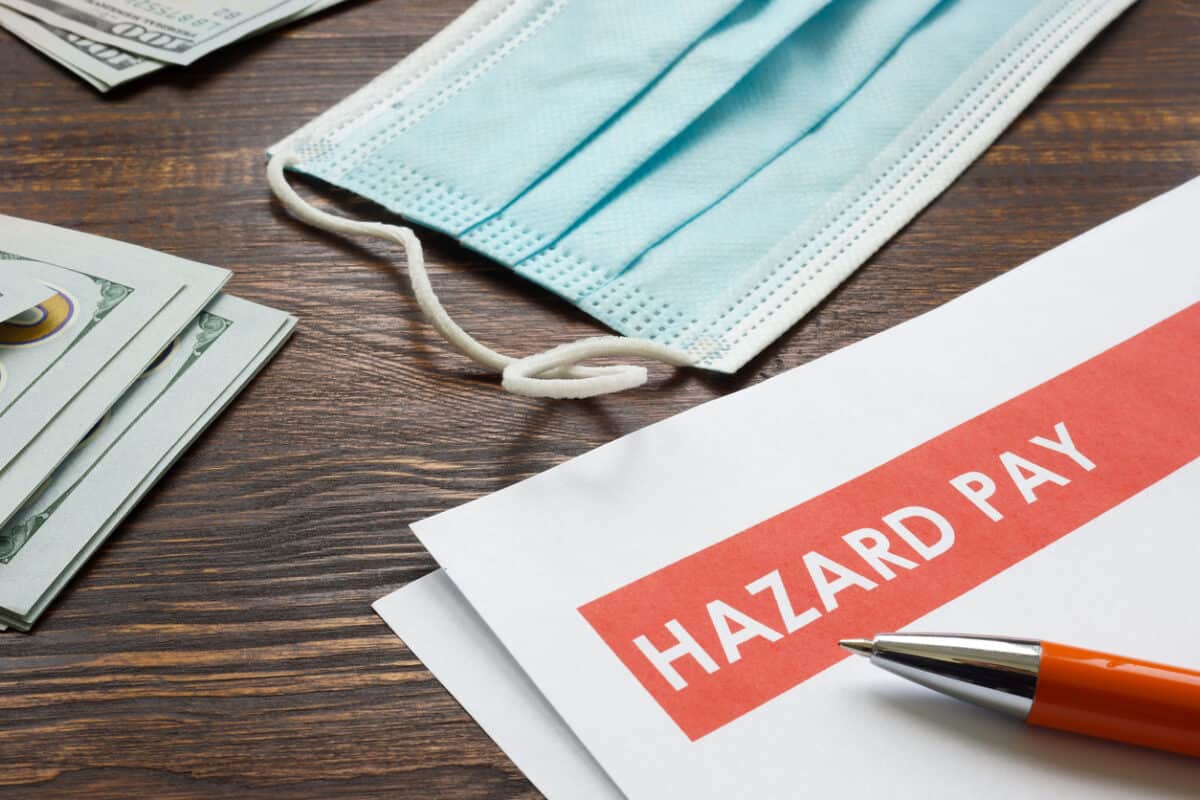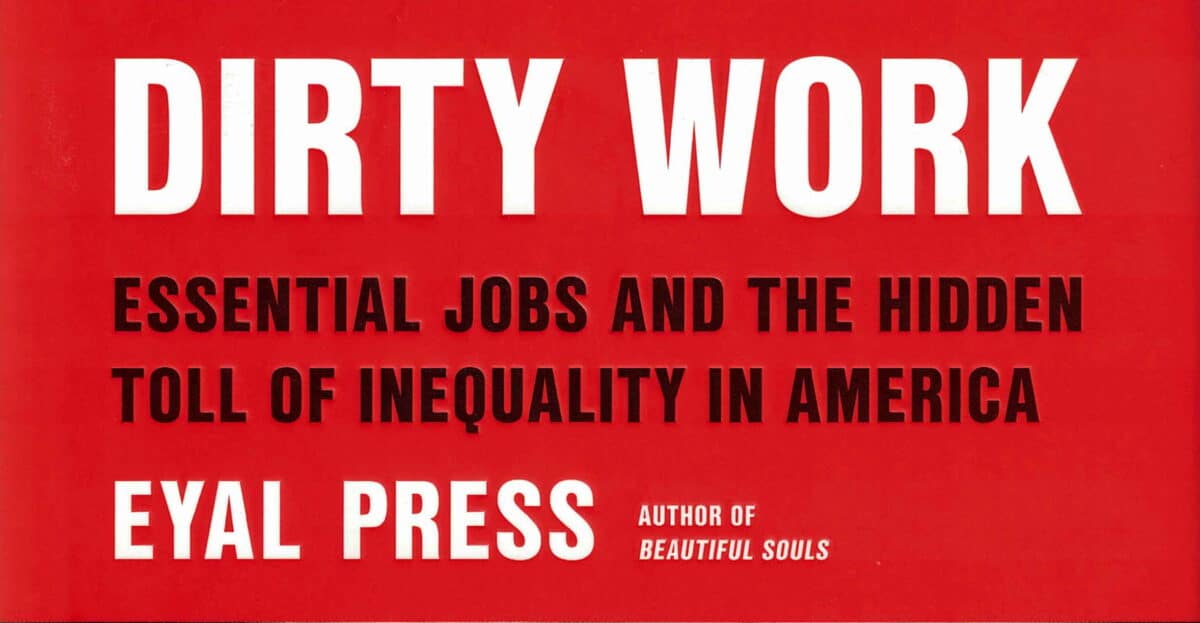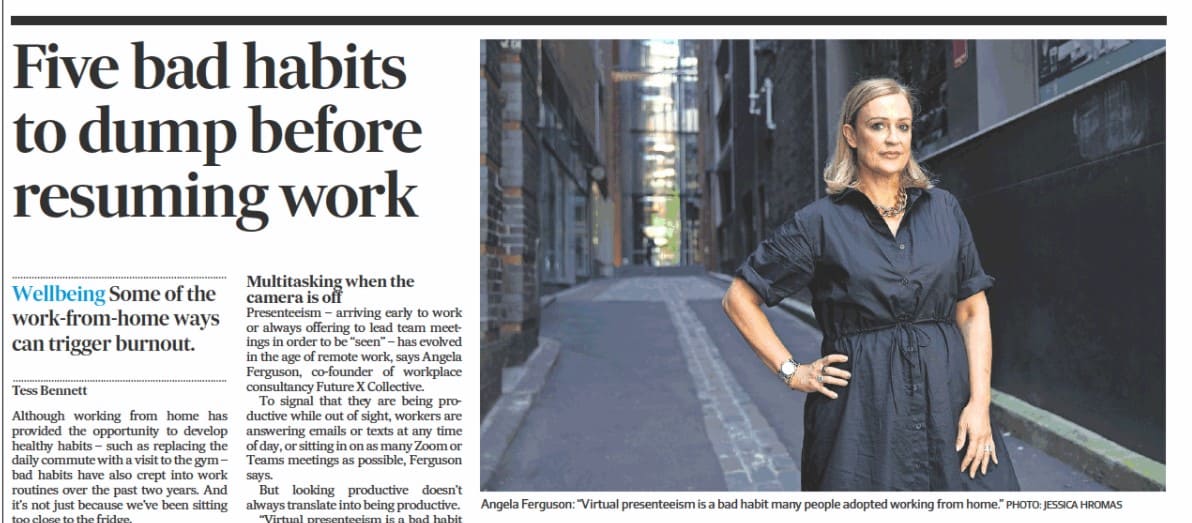Occupational health and safety (OHS) has a long relationship with Blame. Blame has a long association with Responsibility. In the Australian Financial Review on January 19, 2022, Andrew Hill of the Financial Times wrote about both in relation to Novak Djokovic’s actions that led to his deportation.
Djokovic said that one of his administrative team completed his travel declaration incorrectly.
“…. my agent sincerely apologises for the administrative mistake in ticking the incorrect box.”
Hill states that regardless of who completes paperwork on your behalf, you are responsible for the document as it is your document that you are submitting. You are responsible for the document and ensuring that the document is correct.


